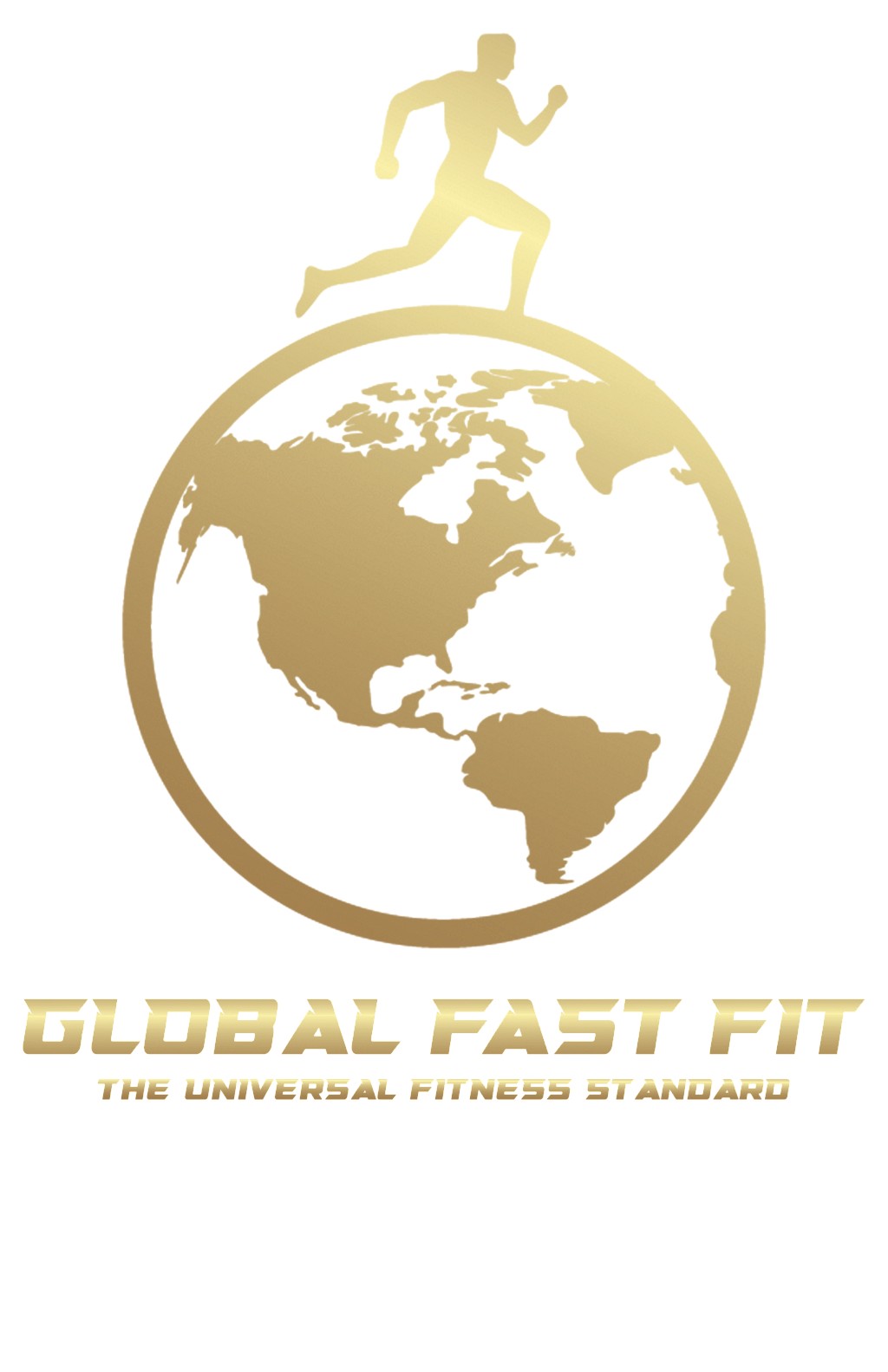John F. Groom , United States Oct 05, 2024
Of course, most people reading these blog entries will be most interested in exercise, nutrition and other relevant health related topics, and that’s as it should be.
But some of you might also have an interest in the business side of Global Fast Fit. The birth and then explosion of the Internet spawned non-traditional business models, for better or worse, and we're one of those companies.
Back in the day, if you wanted to build a business you started small, and hoped to be profitable pretty much as soon as possible. If you had a hamburger stand in Los Angeles California, you didn’t care too much about somebody else's hamburger stand on the other side of the country, much less on the other side of the world.
But now competition is world wide, in the “flat earth” environment. For digital ventures, its very hard to be successful at a small scale. You have a few big winners, like Amazon, Google, Apple, Facebook, et al, that operate on a global scale, and tens of thousands of ventures that try but never succeed in reaching large scale. Sure, there are plenty of successful profitable smaller scale companies that utilize the Internet as a platform, but because of the high fixed cost building and promoting a digital product and low marginal costs of reproducing it, entrepreneurs increasingly shoot for the stars, or, at the very least, the earth.
Profits, even revenues at all, get pushed to a lower priority as global brands are built. If your aim is high enough, investors seem comfortable with waiting even on what should be the most basic starting point – a viable business model. Rather than starting small, obtaining profits, and using those profits to slowly grow, the impatient digital world seems to focus on trying to take over the world – or at least achieving brand recognition – before you’re even sure how you’re going to make money. This may seem crazy, and to some degree it is. Real viable businesses should generate positive cash flow.
But its also true that google had no idea how it was going to make money when they first started developing search engines. And even now, as a profitable company, it's only search, of the many things Alphabet does, that is regularly cash flow positive. Amazon was founded in 1994 and first made a profit in 2003, as Jeff Bezos prioritized growth. Apple was for years a money losing marginal computer maker and in 1996 and 1997 was on the verge of going out of business. Tesla was founded in 2003 and first made a profit in 2020. OpenAi, the creator of chatgpt, was founded in 2015 and is probably no where near making a profit, yet was recently valued at $29 billion. These companies are the big winners.
With a name like Global Fast Fit we’re one of those with great ambitions in this winner take all environment. We have approved trademarks in the United States and the European Union, and pending trademark filings in most of the biggest countries in the rest of the world. In search engines our primary term “Global Fast Fit” will come up in first position around the world, and our secondary term, “Exercise Benchmarks” ranks first in many search engines and in the top 5 in most of the world. People from 26 different countries around the world have done the Global Fast Fit routine, and we have teams in the US, India, China, Kenya, Uganda, Thailand, and Indonesia. And we're just getting started.
In the Brave New Digital World, if you’re in the game, you’re global.
Gregor Rasp
1 month ago
Thanks for this interesting insight! Trial and error will point GFF in the right direction. Let's hope success doesn't take 20 years to find the GFF ventures.
 Login with Google
Login with Google

Login to Comment